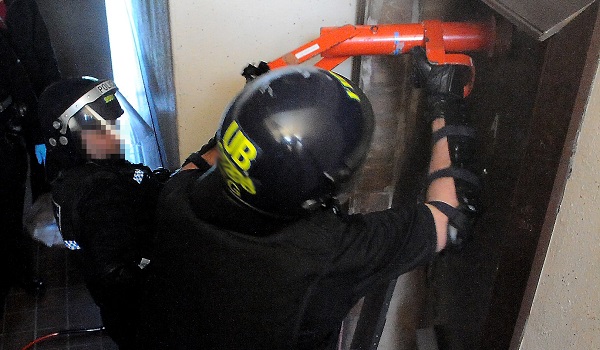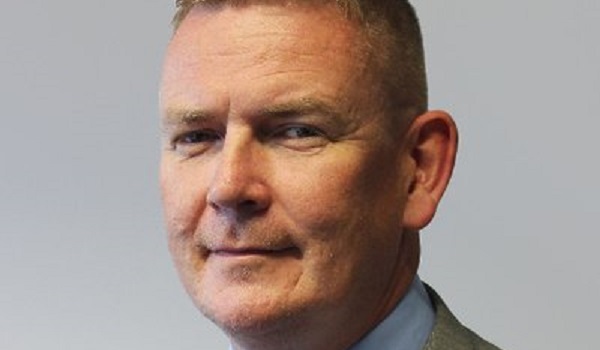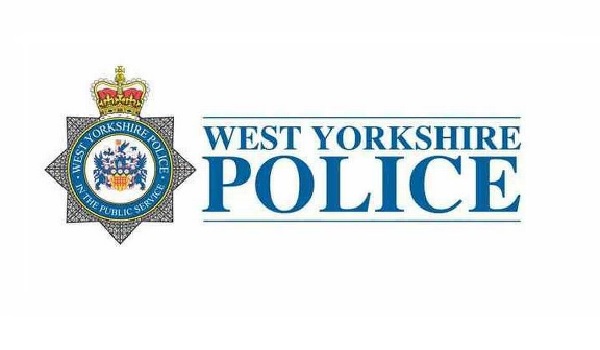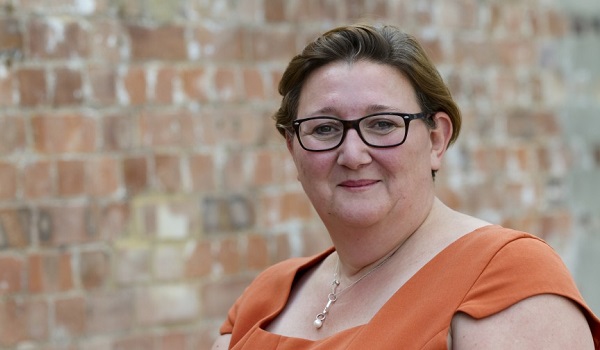Drug deaths in Scotland now highest in the EU
Drug-related deaths in Scotland are at their highest level since records began in 1996 and are now higher than any other country in the EU.
Latest figures show 1,187 people died as a result of drugs in the past year – an increase of 27 per cent on the previous 12 months. The number has more than doubled since 2008 when there were 574 drug-related deaths.
The drug death rate in Scotland is now three times as high as that of the UK as a whole and per capita is also higher than the US. Although there are more drug-related deaths in the US overall, the rate is 217 per million of population compared with 218 per million in Scotland.
The statistics from the National Records of Scotland show that nearly three-quarters – 72 per cent – of those who died last year were male. Opiates or opioids, such as heroin, morphine and methadone, were attributed to most deaths, having been implicated in, or potentially contributing to, 1,021 fatalities.
There were 442 drug-related deaths of those aged 35 to 44, 345 deaths in the 45 to 54 age group and 217 drug-related deaths among 25 to 34-year-olds.
Scotland’s Minister for Public Health Joe FitzPatrick said the country was facing a crisis and is supporting more drastic measures to tackle the problem, such as the introduction of ‘shooting galleries’ where addicts can take street drugs under medical supervision.
Mr FitzPatrick said: “Last week I gave evidence to the Scottish Affairs Committee and I asked for help in persuading the UK Government to either act now to enable us to implement a range of public health-focused responses – including the introduction of supervised drug consumption facilities – or devolve the power to the Scottish Parliament so that we can act.
“The number of people who have lost their lives because of drug use is shocking. It is vital this tragedy is treated as a public health issue and we are prepared to take innovative and bold measures in order to save the lives of those most at risk.”
Glasgow is open its first Heroin Assistant Treatment (HAT) facility later this year. Addicts who have previously failed to quit by using methadone and other alternatives are instead prescribed pure heroin under strict medical supervision.
HAT trials have already taken place in London, Darlington and Brighton, and the system is already widely used in Germany, Belgium and Switzerland.
Research shows it substantially reduces people’s need for street drugs, reduces drug-related criminal activity, leads to more engagement with healthcare and addictions services and reduces drug-related litter and public injecting.







